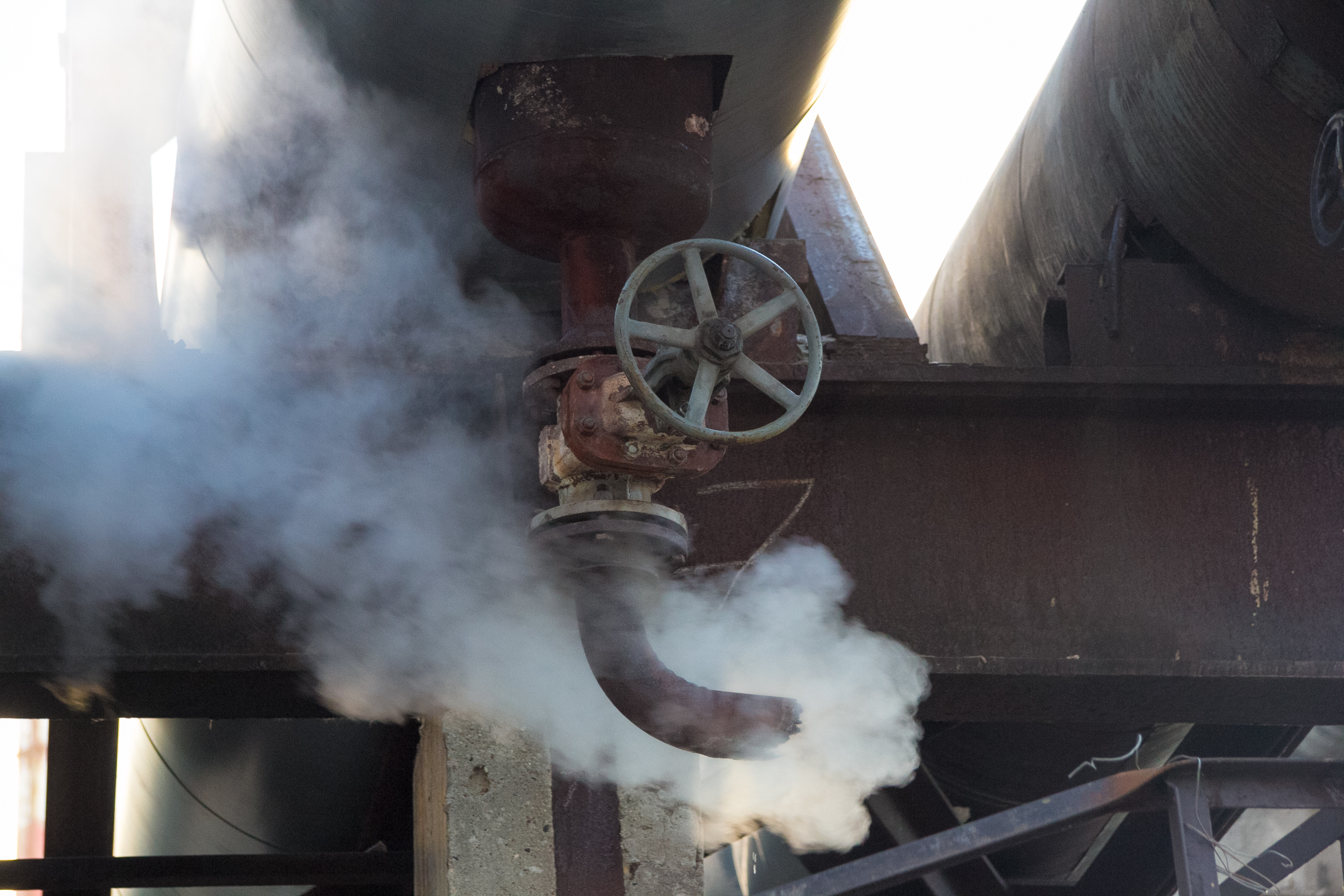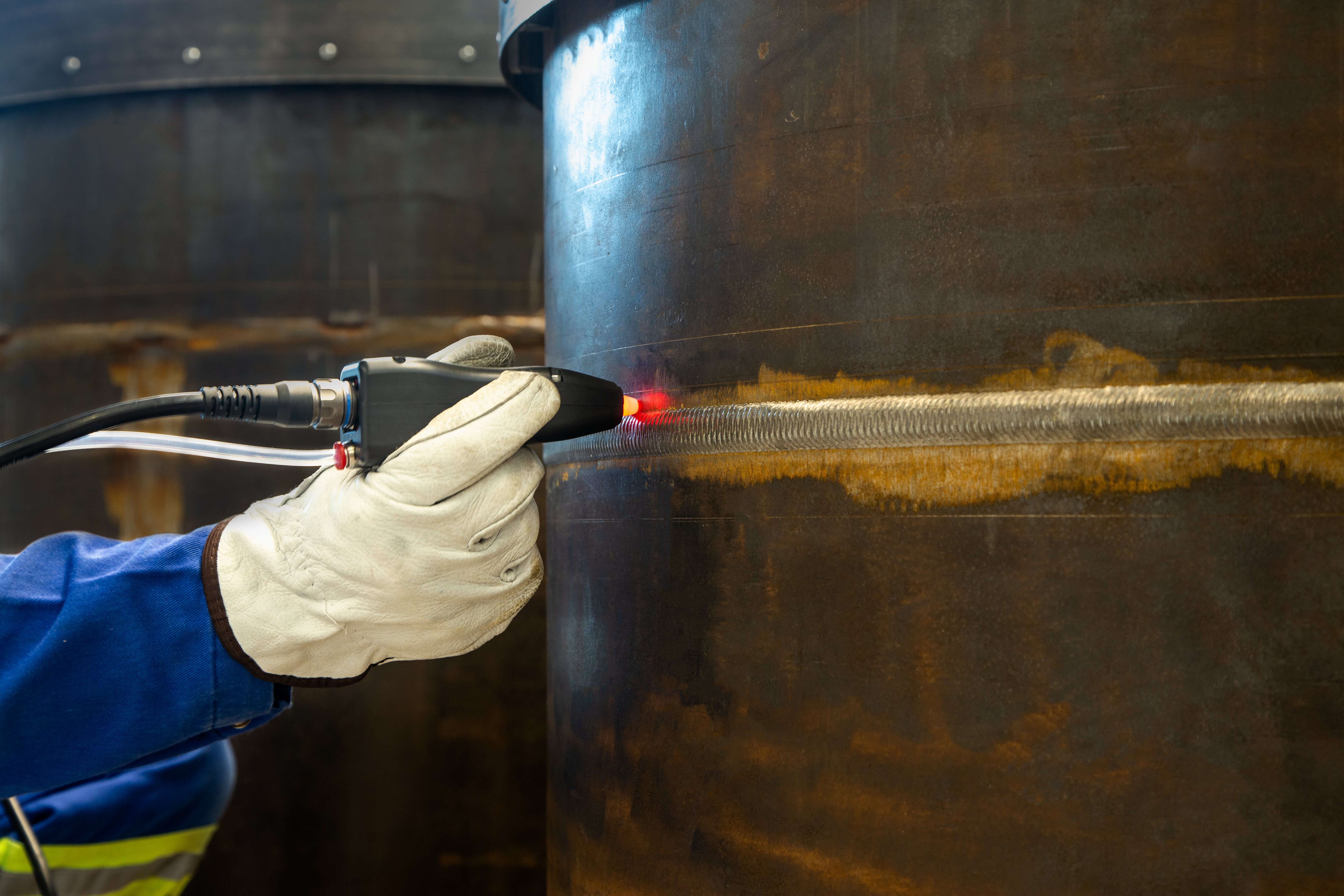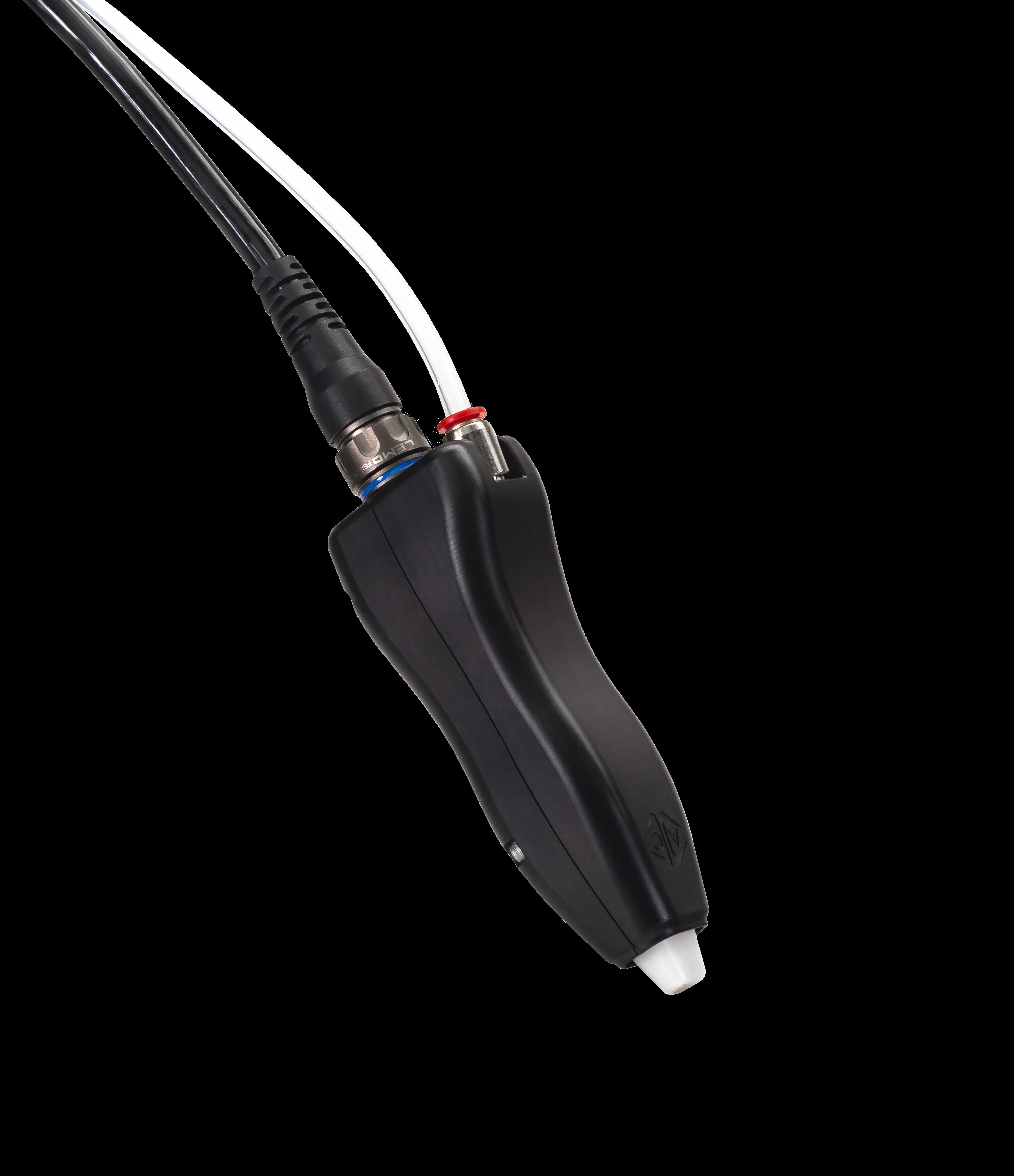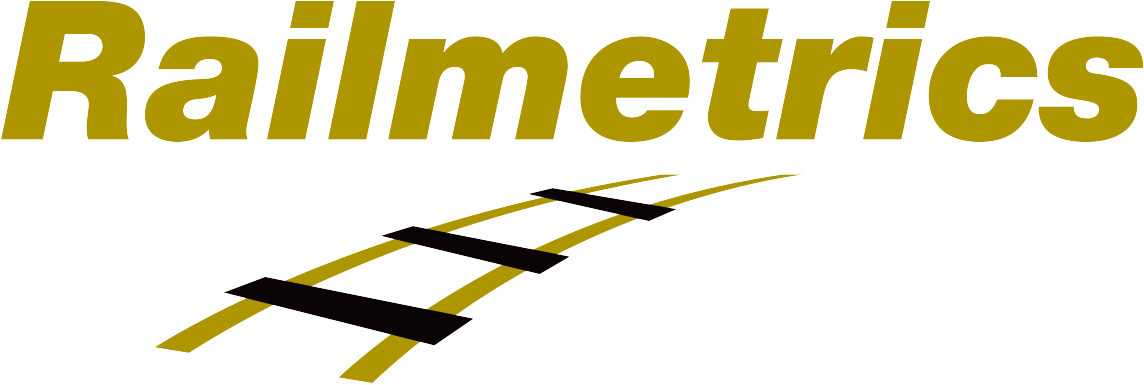Heat-Proof Inspections: Alternating Current Field Measurement for High-Temperature Welds
Ask an expertWelds play a critical role in the integrity of piping systems and vessels, especially in industries like refineries and petrochemical plants. The risk of fatigue cracking stemming from vibrations and thermal stress demands meticulous inspections. However, traditional inspection techniques fall short when temperatures soar, compelling costly process shutdowns that burden asset owners with significant expenses. Eddyfi Technologies presents the Beyond Current solution, enabling inspection up to 500°C.
The Challenge
Efficiently inspect welds, at temperatures up to 500°C (932°F), to detect fatigue cracks with precision and accuracy.

Petrochemical plants operate 24/7 with as little shutdown time as possible due to the associated costs. In these plants, pipes can reach temperatures up to 500°C (932°F). The fluid circulating in these pipes can induce low frequency vibrations which, combined with thermal cycling stresses, can induce fatigue cracking in the welds joining pipes, vessels, or any other component running hot.
High-temperature fatigue cracking presents a significant challenge for plant engineers: Despite their potential to cause important plant failures, these cracks are notoriously difficult to detect using conventional Non-Destructive Testing (NDT) techniques, which typically have a temperature limit of 200 to 300°C (392-572°F). Adding to the complexity, there's the risk of cracks closing as the component cools down for inspection, further diminishing the reliability of detection.
Such failures have the potential to release hazardous chemicals into the environment, thereby posing significant risks to health and safety. As a result, Eddyfi Technologies undertook the task of devising a reliable, user-friendly solution for detecting and sizing high-temperature fatigue cracks in in-service components.
The Solution
High-temperature ACFM® solution, tailored for inspecting carbon steel and stainless steel components, features probe with factory-calibrated setups good for up to 500°C (932°F), 3BZ crack sizing for simplified and practical sizing, heat-resistant body, overheating warning LED, air-cooling system for enhanced duty cycles, and ergonomic design for use with PPE.
Building upon its long-standing legacy and credibility in the application of Alternating Current Field Measurement (ACFM®) for inspecting hot components, Eddyfi Technologies developed an innovative solution to address the challenges of high-temperature inspection. This solution centers around the ACFM instrument, a well-established tool in the field.
The high-temperature probes are designed for ease of use and reliability in the field. Their pre-calibrated configurations eliminate the need to calibrate the probes using heated reference standards; instead, users simply load the factory-made configuration closest to the component temperature.

Furthermore, these probes have been meticulously designed with a focus on heat management. An air-cooling system integrated into the probe body, along with a warning LED at the probe tip, allows for an optimized duty cycle, enhancing productivity and minimizing the risk of failure.
In addition to the warning LED, the probe tip incorporates 3BZ technology, enabling crack depth and length sizing in a single pass. This feature is particularly valuable on hot surfaces, where the use of encoders or surface markings may be impractical or even hazardous for the operator.
For a deeper dive into how ACFM works, its history, best use-cases, and the latest technology, download the free eBook here.
Ask an ExpertBenefits
Avoid costly shutdowns plus performing crack length and depth sizing in a single step, allowing for timely in-service assessment of cracks.
- Avoid costly shutdown times.
- Crack length and depth sizing in a single step.
- Timely assessment of cracks in working conditions.
Eddyfi Technologies' high-temperature inspection solution offers unique capabilities, thanks to its innovative design and the use of ACFM hardware, ideal for high-temperature applications. It enables rapid inspection of both ferrous and non-ferrous components operating at temperatures up to 500°C (932°F), avoiding costly plant shutdowns and enhancing productivity and safety.
Sizing fatigue cracks improves asset understanding and aids decision-making in plant operations and repairs. Operator safety is prioritized through minimized exposure to hazardous hot environments, achieved by an optimized duty cycle and a sizing process that eliminates the need for direct surface operation or calibration on hot references.

Contact us to learn more about implementing high-temperature inspections with ACFM in your plant maintenance routine and visit the Eddyfi eStore to access instant pricing.








